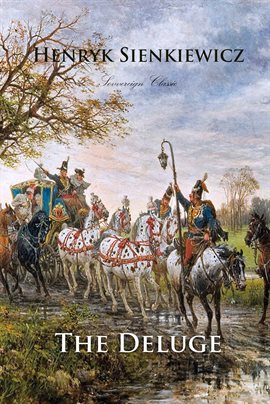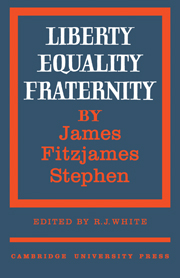
 The Royal Rabbits of London (Book 2 and 3 in the Series)
by Santa
Montefiore and Simon Sebag Montefiore
The Royal Rabbits of London (Book 2 and 3 in the Series)
by Santa
Montefiore and Simon Sebag Montefiore
Book
2: Escape From the Tower 224 pages
Book
3: The Great Diamond Chase 212 pages
Escape From the Tower
When last we saw Shylo Tawny-Tail,
a shy country bunny, he had just helped the Royal Rabbits of London save the
Queen from a most humiliating experience, devised by the evil Ratzis. The RRL’s were so grateful and impressed that
he was made a member of the secret society, complete with their badge imprinted
on his paw.
The
Ratzis (the grossest rats that ever lived) have a new scheme in mind. This time
they want to embarrass the Royal Family and the President and First Lady of the
United States in front of the entire world and ruin the relationship the two
countries share! Ohhhh those nasty
creatures! They have uncovered the President’s biggest secret and plan to
expose it during a televised State Dinner.
Readers
learn more about the Ratzis, especially Papa Ratzi who controls this revolting
gang of very large, very stinky two hundred rats. No one has ever seen him and
he communicates via hologram texts.
Can
Shylo and the rest of the RRL’s save the two countries, especially the United States,
from becoming the world’s laughingstock?
Surely Shylo can…thanks to the RRL’s motto: “Anything in the world is
possible---by will and by luck, with a moist carrot, a wet nose, and a slice of
mad courage!”
A
fun little book that chapter book readers will surely enjoy.
The Royal Rabbits of
London: Escape From the Tower gets 4 out of 5 stars in Julie’s world.
The
Great Diamond Chase
Oh!
NO! NO! NO! NO! NO! NO! NO!
Little
Shylo Tawny-Tail has fallen asleep while on guard duty. He was supposed to be
guarding the palace, but he alarms wake him, and he knows he’s in big trouble.
Lots of things could have gone wrong, but the worst case scenario has happened:
Someone has stolen the Siberian Diamond, the most valuable diamond in the world!
The Queen is beside herself, crying almost hysterically!
The Royal Rabbits of London are
already on the case, having herd the alarms deep in The Grand Burrow beneath
the Buckingham Palace.
Shylo learns that the diamond was
found in Russia 132 years ago by a peasant. It was sent to Catherine the
Great. One hundred years later, legend
has it that the diamond was lost in a bet the Tsar had with his cousin, the
King of England.
And worse, the RRL’s learn that the
minks are town, more than likely to steal the magnificent jewel. And it gets
even more complicated: the Ratzis want in on the action---they want to steal it
for themselves and then there is Amura, the white Siberian tiger. What the heck
is she up too?
How will the RRL’s find the diamond
and return it to its rightful place in the palace’s Diamond Room. Readers are offered the opportunity to learn
about the rabbits that make up the Royal Rabbit’s. Sometimes I got a little
confused on who was who, but the authors did a great job in detailing the idiosyncrasies
of each rabbit.
Kids ages 8-12 or grades 3-7 will
love this tale!
The Royal Rabbits of
London: The Great Diamond Chase gets 4 out of 5 stars in Julie’s world.




















